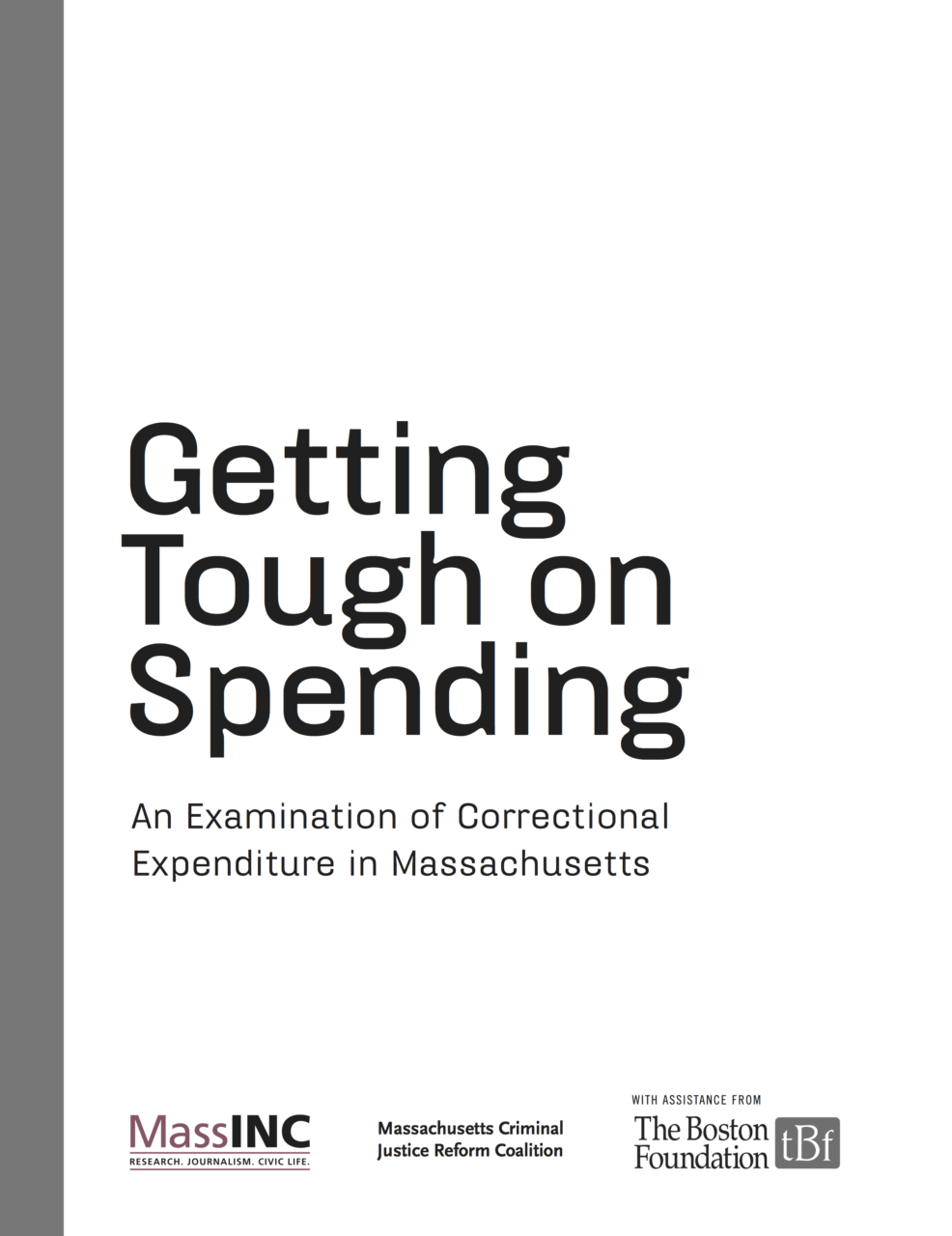In 2013, a diverse cross-section of leaders stepped forward to form the Massachusetts Criminal Justice Reform Coalition. Led by Wayne Budd, Kevin Burke and Max Stern, members were drawn to the coalition by a shared understanding that the Commonwealth’s criminal justice system was riddled with counterproductive policies. They joined hands united in the belief that the time had come to address these challenges.
While past research from MassINC, the Boston Foundation, and others had revealed substantial problems and numerous commissions had convened to find solutions, there was no sense of urgency, and progress had been incremental at best. The coalition’s first undertaking was to capture this history and the nagging inefficiencies in their framing report, Crime, Cost, and Consequences, released in March 2013. This first report paid particular heed to the state’s fiscal challenges and the increasing tendency of the corrections system to crowd out other vital public investment.
We submit this fresh examination of correctional budget trends as legislative leaders sort through a bevy of criminal justice reform proposals, including findings and policy recommendations from the Justice Reinvestment Initiative. The most detailed report on correctional expenditure in Massachusetts to date, Getting Tough on Spending raises fundamental questions around how Massachusetts makes the state budget guiding policy for criminal justice reform. From providing treatment alternatives to incarceration for those struggling with mental illness and addiction, to reducing recidivism among those who commit violent crimes, all paths lead through the budget.
This unique and timely analysis would not have been possible without the coalition. We are grateful to Mike Widmer, a founding member, who stepped up and shared his years of experience monitoring state budget trends for the Massachusetts Taxpayers Foundation. We are equally indebted to several coalition members and advisors, who contributed their deep knowledge as former correctional administrators to help us devise methods to classify expenditures and staffing patterns in line with industry practices.
MassINC and the Boston Foundation hope that citizens and policymakers alike will find value in this research. Together, we encourage you to use these findings to engage in constructive debate around how the Commonwealth deploys limited resources to enhance public safety.
